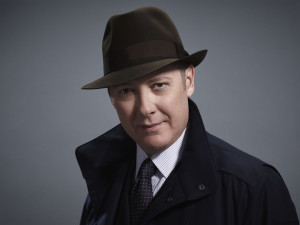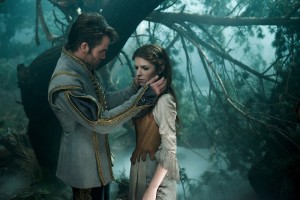If you’ve read my books, you know that I don’t follow the damsel-in-distress-is-saved-by-Prince-Charming model. Yes, I like a heroic man, but I don’t want my heroes’ merit to be based entirely on their status as a Prince. My heroines are the royal ones, and because you’re in their head, you get to see their flaws and insecurities. It’s more fun for me to write that way.
The charming concept came up when I was watching a talk show and they showed a clip of the upcoming season premier of The Blacklist. I find that show to be incredibly compelling. The character of Raymond Reddington, played by James Spader, is the epitome of charming. The twist is that he’s a straight up really bad person. I mean he is a Bad Man. But the crazy part is: you like him anyway. That’s the main reason that I keep watching the show. I find his character fascinating. How can I like a character that I know is a terrible human being?

After the clip was shown, the host of the show commented on the charm of Reddington and my mind skipped to the oft used Prince Charming character. I was reminded of the line in Into the Woods where Cinderella’s prince says, “I was raised to be charming, not sincere.”

Charm is good. But if that’s the only thing you can say about a character, then they’re probably not worthy of being a main character. Charm is not synonymous with good. Far from it. Charm can be used to mask sinister intentions, or it could simply be a front for insecurity. Is a person’s charm being used to compensate for something they lack, or do they have a genuinely charming personality? The difference is important. I’ve read books where the story fell flat because as charming as the love interest appeared, there didn’t seem to be anything deeper. Perhaps that’s why Disney seems to have stepped back from the Prince Charming model. I think as more and more entertainment became available over the past couple decades, audiences wised up. We want more than just the image of a nice man; we want depth of character, even if they’re animated.
Depth means that we see the good and the bad of a character. We see not just their traits, but the reasons behind their traits. Did their charmed life leave them spoiled or grateful? Did their less than stellar childhood leave them bitter? Determined? Humble?
The why of a character’s personality is often more important than the what. There’s nothing wrong with charm, but the more interesting question is where that charm originates.
Be First to Comment